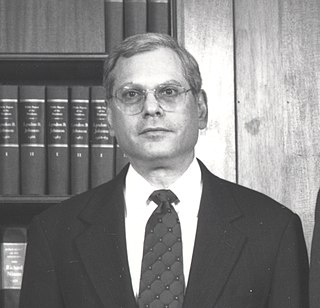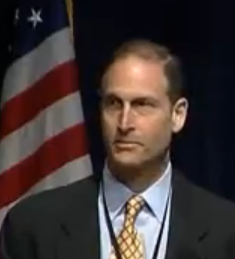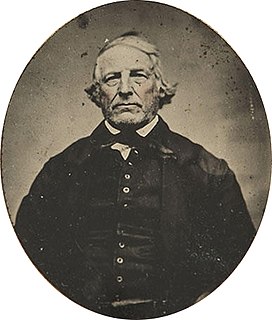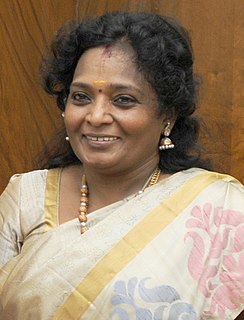A Quote by Peter Pronovost
Medicine today invests heavily in information technology, yet the promised improvement in patient safety and productivity frankly have not been realized.
Related Quotes
I accept the proposition that there has been a significant improvement in underlying productivity growth in the United States, that it is very closely tied to improvements in information and communications technology, and that it is likely to spread around the world. But I resist the new economy label because it seems to encourage a disrespect for the old rules that could seriously undermine our success in taking advantage of the new opportunities.







































